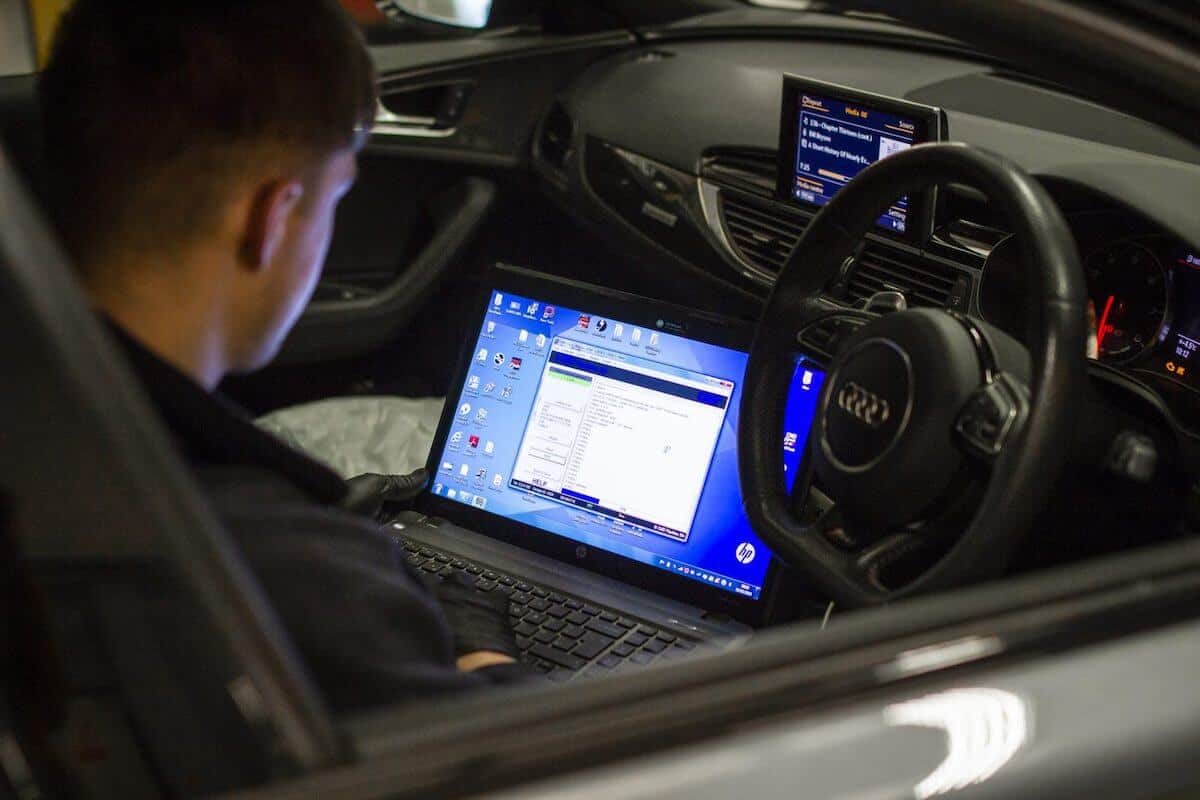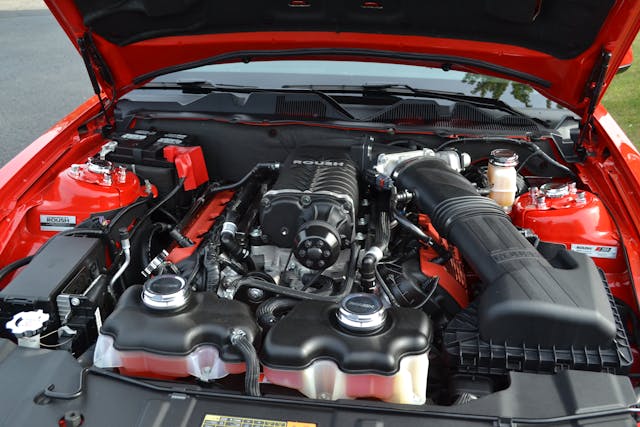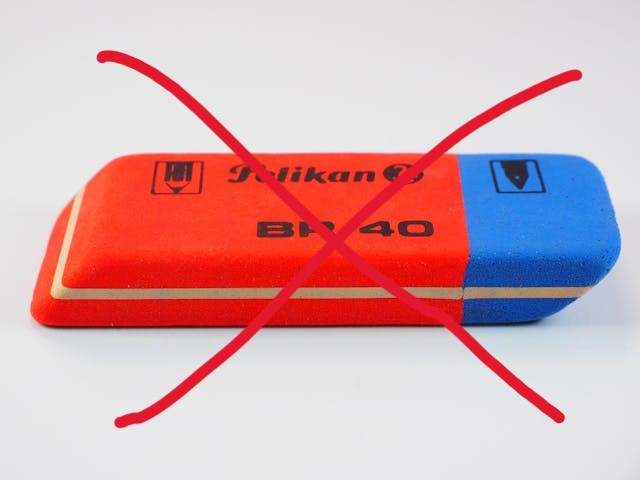In recent years, vehicle owners have increasingly turned to DPF delete remaps as a solution to improve engine performance and fuel efficiency. However, amidst the allure of enhanced power and efficiency, it’s crucial to understand the legal implications associated with this modification. Let’s delve into what you need to know about the legal landscape surrounding DPF delete remap.
Understanding DPF Delete Remap:
Before delving into the legal aspects, it’s essential to grasp the basics of DPF delete remap. DPF stands for Diesel Particulate Filter, a component designed to reduce emissions from diesel engines by trapping soot particles. However, these filters can become clogged over time, leading to decreased performance and efficiency. DPF delete remap involves removing or bypassing the DPF system and reprogramming the engine’s control unit to optimize performance without it.
The Legal Framework:
The legality of DPF delete remap varies depending on jurisdiction. In many countries, tampering with emissions control systems is strictly prohibited by law. These regulations are in place to curb air pollution and ensure compliance with environmental standards. Therefore, performing a DPF delete remap without considering the legal ramifications can land you in hot water.
Environmental Impact:
One of the primary reasons for the strict regulations surrounding DPF delete remap is its environmental impact. By bypassing or removing the DPF system, vehicles emit higher levels of harmful pollutants, such as nitrogen oxides and particulate matter. This can contribute to air pollution, exacerbating respiratory issues and environmental degradation. Consequently, authorities are keen on enforcing laws that uphold emissions standards and mitigate environmental harm.
Legal Consequences:
Engaging in DPF delete remap without adhering to legal requirements can result in severe consequences. Depending on the jurisdiction, penalties for tampering with emissions control systems can include hefty fines, vehicle impoundment, and even criminal charges. Moreover, vehicles modified in violation of emissions regulations may fail mandatory inspections or emissions tests, rendering them unfit for road use.
Enforcement Measures:
Authorities employ various measures to enforce emissions regulations and combat DPF delete remaps. Routine inspections, emissions testing programs, and vehicle registration databases are among the tools used to identify non-compliant vehicles. Additionally, whistleblowers or tip-offs from concerned citizens can prompt investigations into illegal modifications. With advancements in technology, authorities can also detect tampering through onboard diagnostics and vehicle data analysis.
Compliance Solutions:
Despite the stringent regulations, there are legal avenues for modifying vehicles while maintaining compliance with emissions standards. Some jurisdictions allow for certified aftermarket performance upgrades to meet emissions requirements. These include DPF retrofit kits and remapping solutions offered by reputable tuning companies. Vehicle owners can enhance performance without running afoul of the law by opting for certified products and services.
Consulting Legal Experts:
Navigating the legal landscape surrounding DPF delete remap can be daunting, especially given the complex web of regulations. As such, seeking guidance from legal experts or automotive professionals well-versed in emissions laws is advisable. They can provide valuable insights into the legality of specific modifications and help ensure compliance with applicable regulations.
Final Thoughts:
In conclusion, while DPF delete remap may offer enticing benefits in terms of performance and efficiency, it’s essential to tread carefully from a legal standpoint. Ignoring the legal implications of tampering with emissions control systems can lead to severe consequences, including fines, vehicle impoundment, and legal liabilities. By understanding the legal framework, adhering to emissions regulations, and exploring compliant solutions, vehicle owners can enjoy the benefits of modifications while staying on the right side of the law.











Leave a Reply